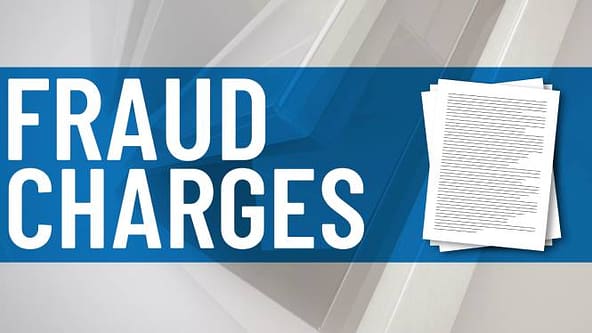

Of all the crimes one can think of, welfare fraud doesn’t usually top the list. However, it is a real offense with real legal consequences.
Under California law, there are two ways to commit welfare fraud:
as a recipient, or internally.
The more common offense is recipient fraud, where someone provides false, misleading or incomplete information in order to obtain illegitimate state benefits. Its counterpart is internal fraud, where an employee is the violator—providing or assigning benefits to another whom they know is ineligible.
Welfare & Institutions Code Section 10980 governs welfare fraud penalties.
It states, in part:
(a) Any person who, willfully and knowingly, with the intent to deceive, makes a false statement or representation or knowingly fails to disclose a material fact in order to obtain aid under the provisions of this division or who, knowing he or she is not entitled thereto, attempts to obtain aid or to continue to receive aid to which he or she is not entitled, or to receive a larger amount than that to which he or she is legally entitled, is guilty of a misdemeanor, punishable by imprisonment in a county jail for a period of not more than six months, by a fine of not more than five hundred dollars ($500), or by both imprisonment and fine.
(b) Any person who knowingly makes more than one application for aid under the provisions of this division with the intent of establishing multiple entitlements for any person for the same period or who makes an application for that aid for a fictitious or nonexistent person or by claiming a false identity for any person is guilty of a felony, punishable by imprisonment pursuant to subdivision (h) of Section 1170 of the Penal Code for a period of 16 months, two years, or three years, by a fine of not more than five thousand dollars ($5,000), or by both that imprisonment and fine; or by imprisonment in a county jail for a period of not more than one year, or by a fine of not more than one thousand dollars ($1,000), or by both imprisonment and fine.
Under the Penal Code, an accused can commit welfare fraud in a number of ways, such as:
Welfare fraud in California is considered a ‘wobbler‘ crime—meaning it can be charged as either a misdemeanor or a felony, depending on the circumstances. For instance, WIC Section 10980(a) states that any person who, willfully and knowingly, with the intent to deceive, makes a false statement in order to obtain aid knowing he or she is not entitled, is guilty of welfare fraud. This provision is charged as a misdemeanor.
Whereas WIC Section 10980(b) states that any person who knowingly makes more than one application for aid with the intent of establishing multiple entitlements or who makes an application for that aid for a nonexistent person is guilty of the crime of welfare fraud, but this provision can be charged with a felony crime.
Here is a breakdown of the various welfare fraud offenses and their consequences:
Furthermore, under this statute, the court has the discretion to impose additional penalties in welfare fraud cases involving the electronic transfer of benefits. Under WIC Section 10980(h), the court can impose the following punishments where the welfare fraud violation is committed by means of an electronic transfer of benefits (in addition and consecutive to any underlying sanctions for the violation or attempted violation):
As specified in WIC Section 10980, a person must knowingly, with the intent to deceive, make a false representation or conceal a material fact in order to be found guilty of welfare fraud. Examples include:
Prosecutors must prove that the intent was to knowingly defraud the state in order to prevail at a conviction.
As discussed above, the majority of welfare fraud cases are wobbler offenses, which means the district attorney has the discretion to pursue the matter as either a felony or a misdemeanor. However, a conviction of either charge can mean probation, fines, restitution and possible jail or prison time.
The prosecution can’t move forward with a conviction unless they can show fraudulent intent. If the prosecutor cannot prove that an accused had the specific intent to defraud, the charges must be dismissed and/or the defendant found not guilty.
Therefore, valid defense arguments a skilled criminal defense attorney could make include:
Furthermore, the top priority of welfare fraud prosecutors is to regain funds diverted from the county or state. Therefore, if an accused is capable of repaying all or part of the benefit money, the prosecution is often willing to reduce the charge, agree to a lesser sentence, or perhaps dismiss the case altogether. An experienced criminal defense attorney can negotiate an appropriate restitution agreement in order to keep an accused out of jail on such a charge.
A welfare fraud violation is a serious offense that can expose those convicted to a variety of criminal sanctions and penalties. It is of the utmost importance that if you or someone you know has been charged with welfare fraud, you speak with a knowledgeable and experienced criminal defense attorney as soon as possible.
Our experienced Criminal Defense Attorney will be sure to fight until the end to reduce or drop your charges completely.
Call LAW MART for a FREE Case Review: 310-894-6440

Copyright © 2024 law – Powered by AmelCS